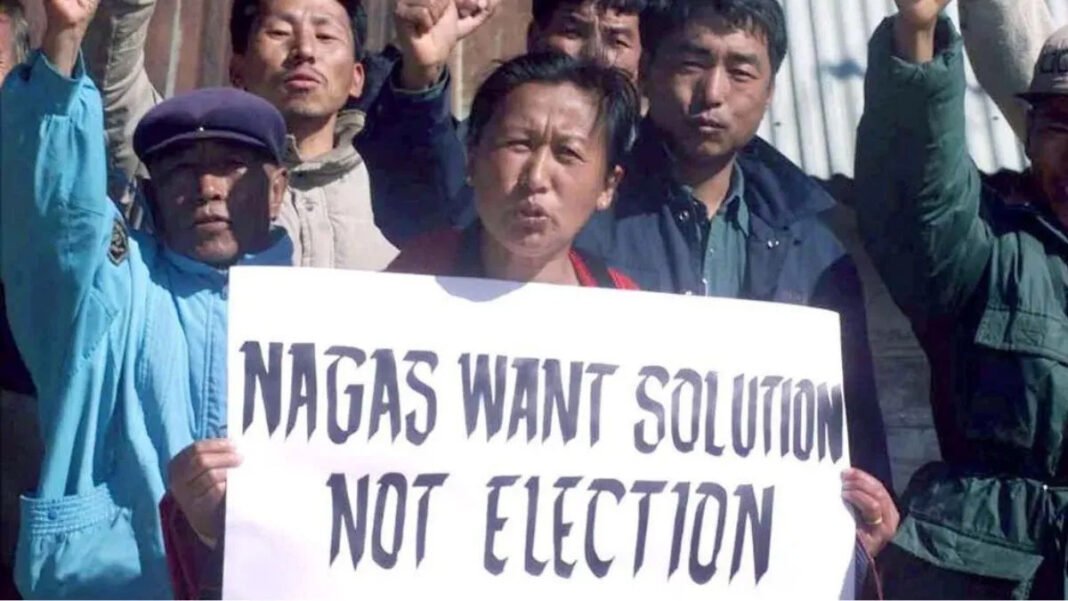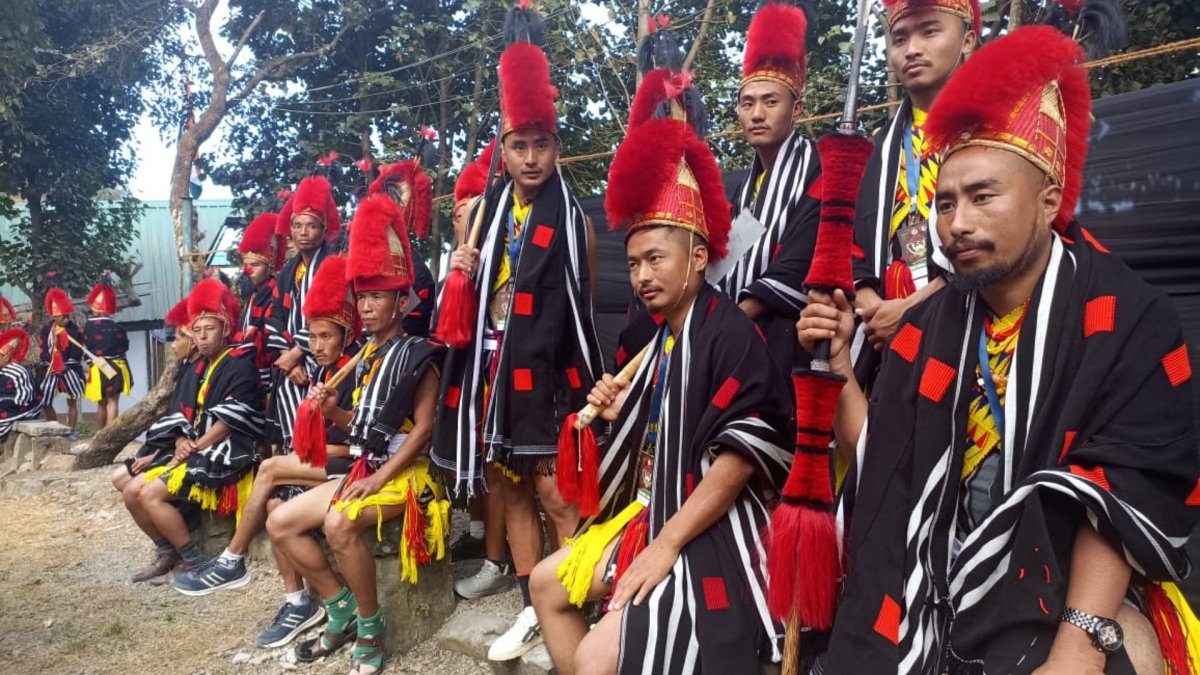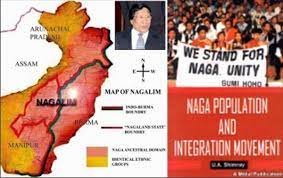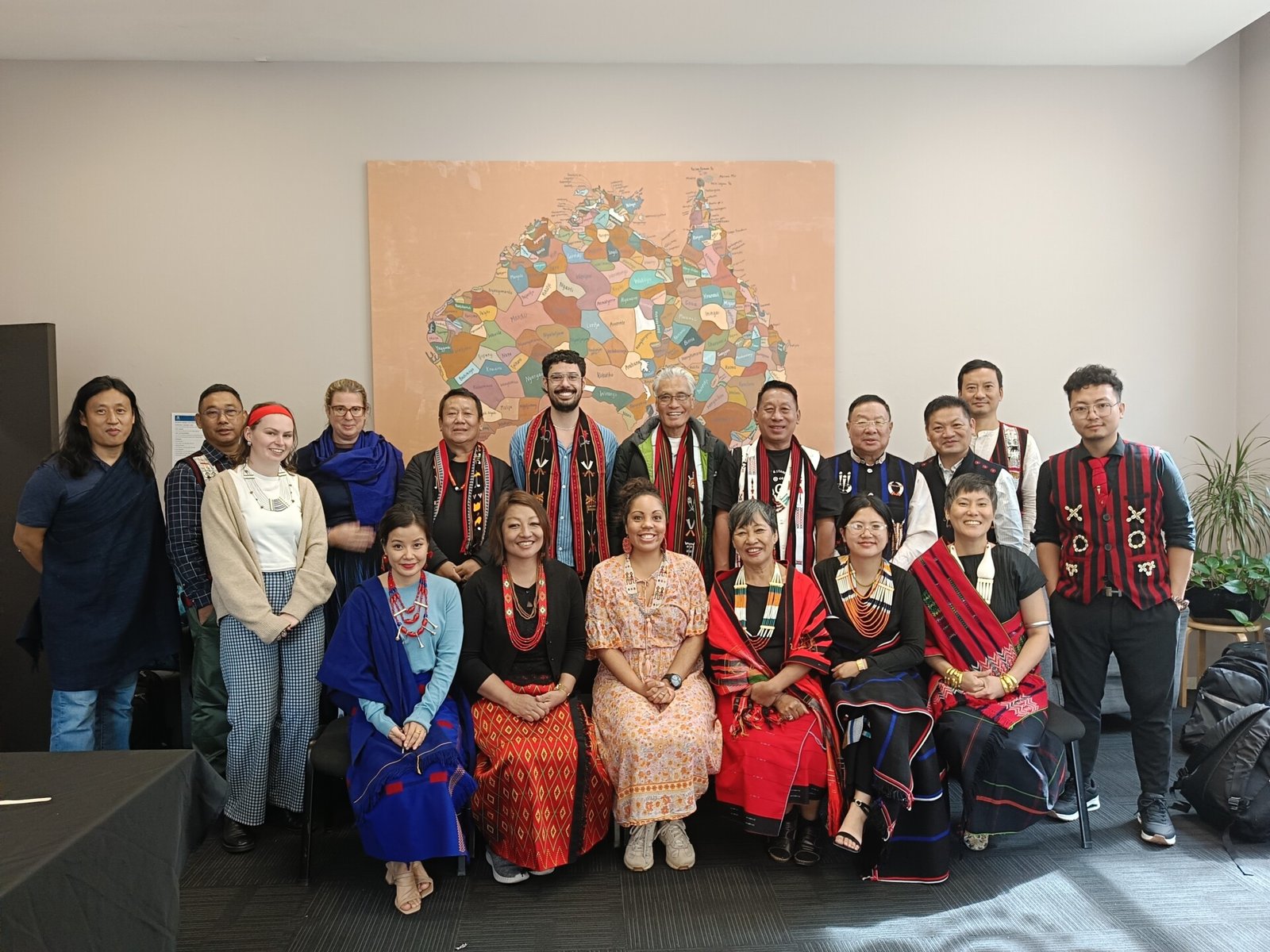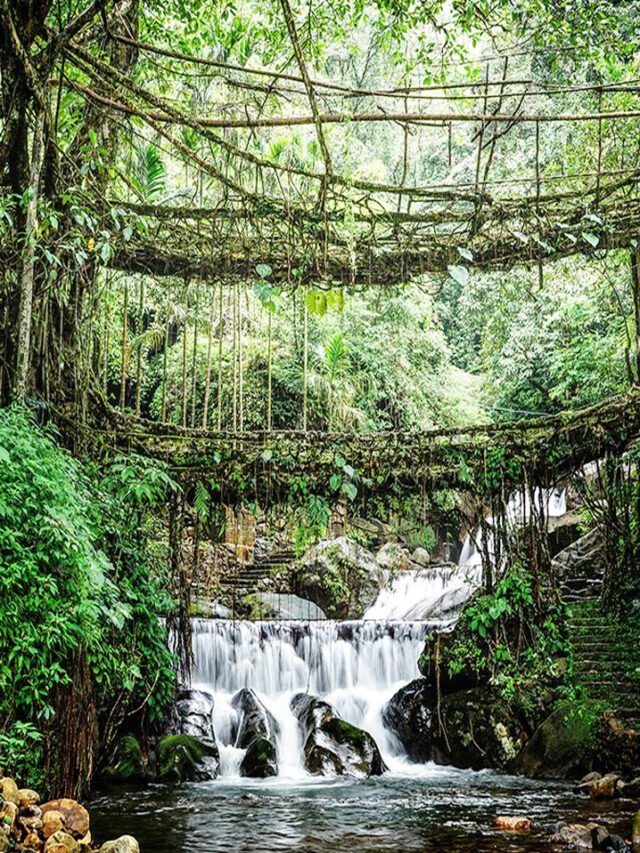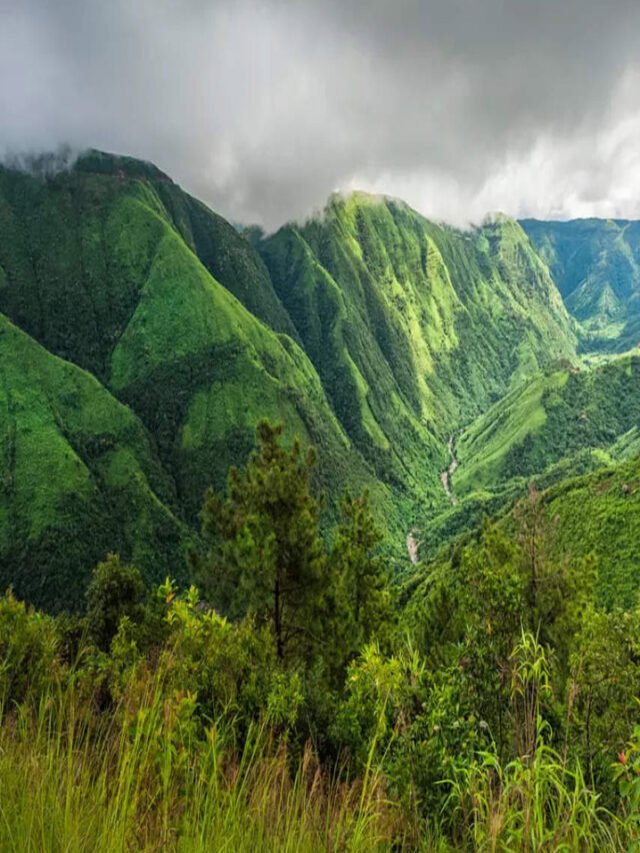HT Digital
KOHIMA, MAY 8: In a significant development aimed at fostering unity, the Naga Political Groups (NPGs), tribal apex bodies, and the Forum for Naga Reconciliation (FNR) have reiterated that no political or civil entity is excluded from the Naga political process.
This resolution emerged from a two-day conclave held on May 5 and 6 at Pruzie (Shisha Hoho) in Kohima, which focused on advancing reconciliation efforts anchored in the historical and political rights of the Naga people.
The joint statement from the conclave emphasized inclusivity, calling on all NPGs and civil society groups to come together and move forward in solidarity. Participants recognized the contributions of individuals and organizations working for Naga rights and urged those who remain on the sidelines to reconsider their positions for the sake of collective progress. The conclave underscored that indifference or non-participation would only lead to self-isolation from the larger Naga future.
One of the major resolutions adopted was the announcement of a Day of Prayer on May 18. Tribal hohos have been requested to engage their respective church councils and associations to observe this day as a special prayer for the people of Naga-inhabited areas, seeking divine guidance in resolving the ongoing political conflict.
The gathering also stressed the urgent need for all Nagas to unite around their shared political aspirations. It encouraged bridge-building across divisions with compassion and humility. Backed by the tribal hohos, the conclave declared that unity among all NPGs is essential and must be based on a shared sense of identity, without any one group asserting dominance. The resolution aptly stated, “In our correctness, let us not fence ourselves out. Coming together is an instrument of liberation.”
Efforts for a political resolution have spanned decades. The Government of India and the NSCN-IM entered a ceasefire in 1997, eventually leading to the signing of the Framework Agreement in 2015. However, negotiations have stalled over the NSCN-IM’s demand for a separate Naga flag and constitution—an issue not accepted by the Centre.
Meanwhile, the Centre also initiated parallel talks with the Working Committee of Naga National Political Groups (WC NNPGs), signing the Agreed Position in 2017. Unlike NSCN-IM, the WC NNPGs have shown flexibility, agreeing to a phased approach to resolve outstanding demands.
The FNR, active since 2008, has played a crucial role in reducing inter-group violence and fostering reconciliation. In recent years, it has intensified its efforts to bring all factions together in the pursuit of a common Naga cause.


